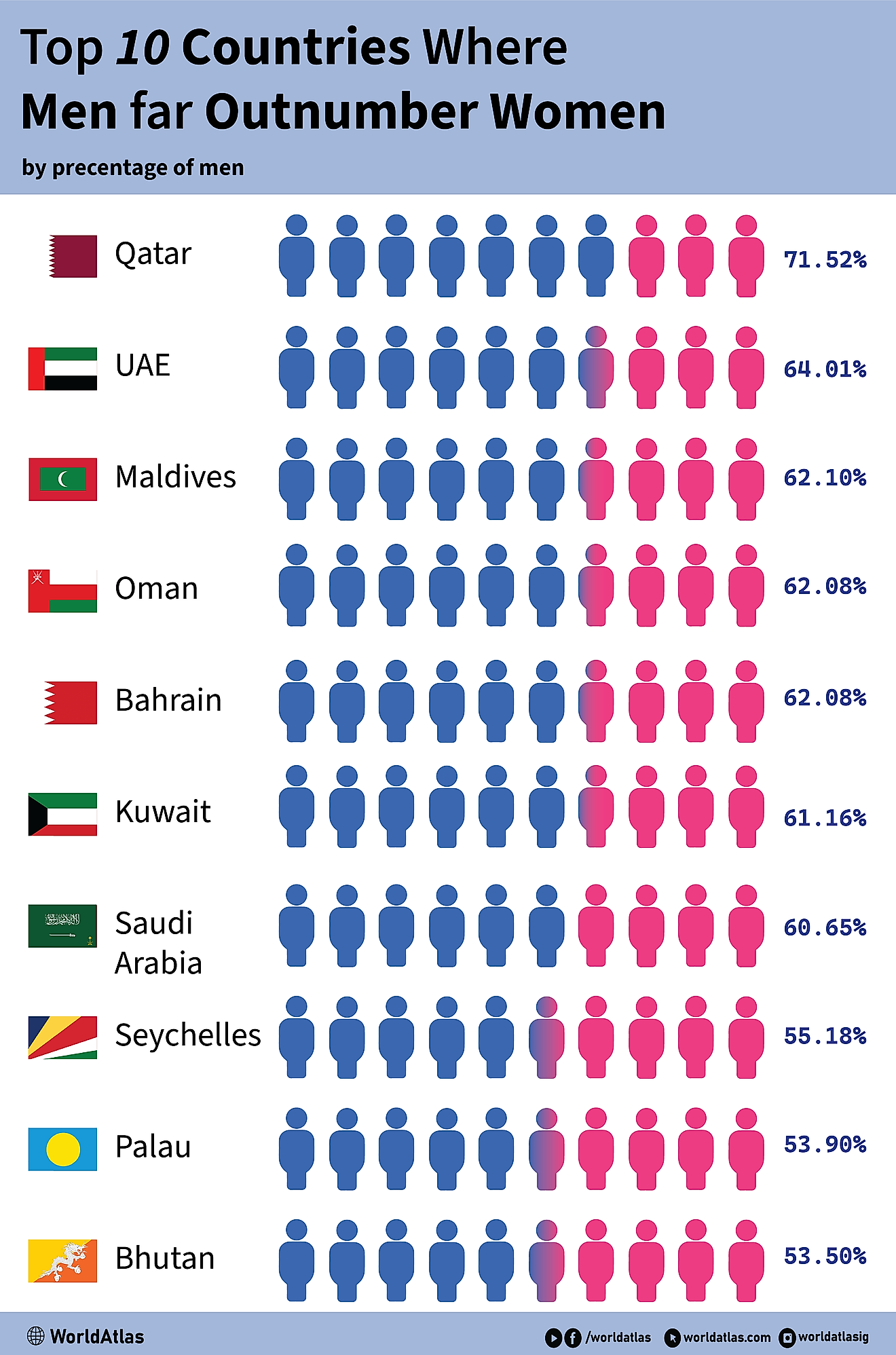What is Millenarianism?

What is Millenarianism?
Millenarianism is the widely accepted notion that the current global society is on the threshold of a major, life-altering event. According to millenarianism, this life-altering event will bring on a period of peace and plentifulness for all the inhabitants on earth. In other words, it will create a new world. This belief is held by a large group of people, which may include religious groups, political movements, or whole societies. Millenarianism is the promise of justice from a deity, or god-like figure, and with this justice comes the dissolution of present-day power structures. Most commonly, the concept of millenarianism is associated with the Christian religion although it is also a pillar of belief in both the Jewish and Buddhist faiths as well.
Influence of Millenarianism
Millenarianism has had a profound impact on societies around the world. The idea that at some point in the future a divine power will take control over the present situation on earth has given millenarianism believers a continuous supply of hope and consolation throughout the years despite facing sickness, suffering, and in some cases, oppression. It has also, however, contributed to a sense of an impending end that some believers are anxious to help along. This desire for the new age has influenced some social and political revolts over time, in an attempt to usher in the era of promised peace. Some examples of this are: the Jewish-Roman wars, when Jews rebelled against the Roman Empire, and the Taiping Rebellion, when Christians rose up against the Qing Dynasty. Researchers believe that the strongest millenarianism believers are motivated by the promise of something better and that this motivation strips them of any inhibitions that might otherwise hinder them from acting out against the established political order.
Two Types of Millenarianism
Millenarianism can be divided into 2 distinct categories of believers. The first category is made up of individuals who believe that the new age will bring about a leader that will vanquish current unstable political and social situations. The second category is made up of individuals who believe that the new age will bring about a world where nobody is in power, where all humans will be equal and free.
The first of these ideologies has served political leaders throughout history, helping them to gain more power within their kingdoms or empires. This use of millenarianism belief as a means of obtaining more control was particularly common during the Medieval period between the 5th and 15th centuries. At the same time, however, the second type of millenarianism belief worked against these same leaders by promoting opposition to imperialism and authoritarian regimes.
Modern Millenarianism
Millenarianism has also been seen in modern history. During the 17th century, Puritanism had millenarianism overtones and eventually led to the English Civil wars. Around the same time, a Jewish millenarianism movement began across the world. The Puritan movement made its way to North America and by the 18th century and early 19th century, the Great Awakening and the Second Great Awakening (both rooted in Puritanism) were characterized by a strong millenarianism belief. This ideology is often credited with the foundation of several other modern religious movements as well, including: Seventh Day Adventists, Mormons, and Jehovah’s Witnesses.











